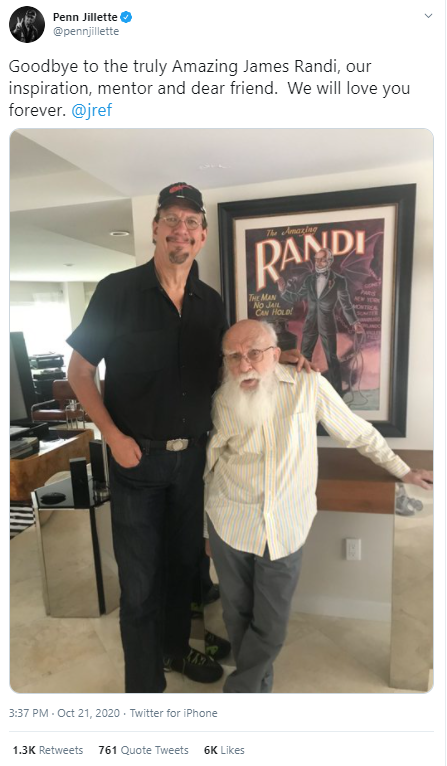The Under-Appreciated Thin Veneer of Civilization
I recommend this high-energy thoughtful and challenging conversation between Jordan Peterson and Bari Weiss. Do I need to say that I don't agree with everything mentioned during this long conversation? These days, apparently so. There is so much that is honest and good about this open-ended exchange, where these two strong personalities challenge each other and (contrary to the current U.S. zeitgeist) appreciate each other for these challenges.
Here is one of my favorite parts. Those who are steeped in Wokeness so often want to tear everything down, every aspect of the system, all institutions, assuming that there is something good on the other side that will simply organically bloom. This approach is reminding me of fundamentalist libertarianism and fundamentalist conservatives: many of whom believe that great things will simply happen if we just get government out of the way. As though our institutions, which we have crafted over decades and centuries, are not doing Herculaneum work to (imperfectly) set up curbs and guard rails to give us necessary structure to allow human flourishing. I see our (imperfect and always evolving) institutions much like I see traffic laws. Sometimes these institutions seem arbitrary, but they serve to allow people to interact with each other, often in helpful ways that is captured by the definition of "institution" offered by economist Doug North: “humanly devised constraints that shape human interaction." For North, Institutions not bounded by brick and mortar (or by particular people), but by two kinds of constraints: formal and informal. Together, these constraints comprise what John Drobak and North call “the rules of the game.”
[From Julio Faundez, “Douglas North’s Theory of Institutions: Lessons for Law and Development,” Hague Journal on the Rule of Law, October 2016, 8(2), p 373.]
We need a set of basic laws in order to move to the next step, to better things, sometimes to almost-magic seeming levels of complexity. Institutions allow this, but destroyed institutions invite (actually, demand) socio-economic collapse. Society's basic rules (promulgated through our institutions) also remind me of the axioms of geometry. Why assume the truth of axioms? Because if you don't, we can't do geometry!
The tear-it down Woke mentality does not offer any meaningful vision of what is on the other side of tearing it down. There is no real-work path being offered to get from the chaos they preach to anything worth having. These youngsters, many of them from a coddled generation, offer no specifics, only cheap-signaling promises that things will somehow be better. For background on this rather sharp accusation of "coddling," see here, here, here, here and here. Today's young adults have not suffered like many people from prior generations who have seen social-economic collapse. They haven't suffered like many first generation immigrants to the U.S., most of whom are not buying Woke ideology, not for one second. The empty of promises of Woke ideologists remind me of the promises of religious fundamentalists who promise "heaven. The realist in me fills in these empty promises of Woke advocates with things like CHAZ/CHOP (see here, for example) and Evergreen State College. Until I see specifics that convince me otherwise, these two things exemplify the Woke end game.
That is the context for the following excerpt. I have edited only for false starts and to tidy up. The content has not been changed:
Jordan Peterson There is a concern for the dispossessed, and that's what gives the radicals the moral high ground so often. "We're concerned for the dispossessed, aren't you?" It's like, "Well, yes, as a matter of fact, we are." The wielders of these ideas start out with a moral advantage, but the evidence seems to suggest that the very systems they're attempting to tear down are, in fact, the best antidote to the problems that they're laying out. So then the question pops up again: So if that's the case, why the hell is there so much force behind these ideas? What's driving them? And it's associated with that laughter at the thought of violent bloody revolution,
Bari Weiss Because we're so removed from violent bloody revolution. That's why. It's a luxury to flirt with these ideas. Let's just take an example, I'm not wearing long sleeves. You could see my collarbone, I could walk down the street here with my wife and go get a falafel at the end of the street and not be stoned to death. Okay, that's the reality. That's a miracle.
Jordan Peterson That is that's what divides people is whether or not they know that's a miracle.
Bari Weiss Yes. And if you are so removed from the truth of that miracle, and from gratitude for everyone and every idea, every piece of scaffolding that allows for that to be that my reality, then you will have the foolishness. But it's really the luxury in the decadence to flirt with ideas about doing away with it. I am so curious about why certain people feel in their bones, how thin the veneer of civilization is and why other people are so nonchalant about it. I feel like it's a logical question, but I don't know it. v Jordan Peterson I don't know either. When I was in graduate school, I was obsessed with the finitude of life and with mortality and death. I mean, I wake up every morning and think there's no time. Get to it now! I had friends who I would say were more well-adjusted than me. That's certainly part of it. Like they were more emotionally stable, technically speaking, less prone to depression and anxiety. So that's part of that. It was that those ideas never entered the theater of their imagination. Right? They just weren't a set of existential problems for them. For me, it's always been Paramount.

